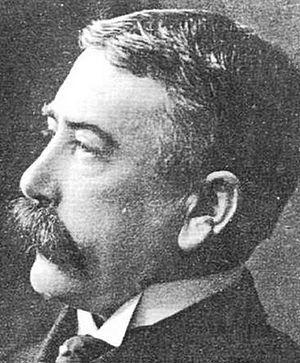The debate between Governor Romney and President Obama was a study in signalling, messaging, body language, posturing and communications styles.
The non-verbal signals alone were enough to write a doctoral thesis.
The body language was intense to the point of exaggeration.
The speaking styles, vocal pitch, and dynamics (changes in voice volume levels) were wonderful studies in and of themselves. The question answering techniques, when questions regarding contested or controversial issues were posed to each of the presidential candidates by the moderator, were 'tells,' as any good interrogator or criminologist would call them. All in all, last night was a treasure trove of items for analysis for my friends, colleagues, followers and all readers of The SENDING SIGNALS BLOG.
Most notable was the difference in the candidates' respective energy levels (and energy 'auras') at the beginning of the debate, during the entire proceedings and at the very end, with each of the candidates acknowledging the audience with a wave -- although (as referenced in the image above), the two men's waves signaled very different inner emotions and acknowledged (or imagined) outcomes emerging from the debate.
In one review of the debate by a body language expert, it was stated that Mitt Romney played Captain Kirk to President Obama's Mr. Spock [a Star Trek reference, for those of you who are non-Trekkies...which makes me so sad for you...]. It was a crude metaphor, but quite appropriate as a summation. One man was a leader (a fearless decision-maker), and the other was an encyclopedic academician. No guesswork is required in terms of which was which.
Here are some fine highlights worth noting from my (Douglas E. Castle) perspective:
1) TIES: The President wore a blue tie, speaking of calming, palliating, and symbolizing water. Romney wore a red tie, speaking of aggression, decisiveness, "flagging the bull" and symbolizing fire;
2) ENERGY/ POSTURE: The President stood upright, but stooped slightly, as if burdened. The Governor pushed his body weight onto one foot (a fighter's stance), and leaned in (literally) to his opponent;
3) FOCUS OF ARGUMENT: The President was professorial, trying to appeal to reasoning and intellect. The Governor addressed emotional issues and spoke to simple needs, fears and hopes. On Gilligan's Island, if the Governor was Thurston Howell III, the President was the Professor.
The people in the audience were there to choose a leader, or affirm their choice of a leader.
It is axiomatic from The Taking Command Blog that leaders give orders, and their underlings or advisors, give assessments and explanations.
For the reasons above, The President allowed Governor Romney to assume the Commander's position in the debate -- many people will extrapolate this to the choice of president and Commander-In-Chief.
Douglas E. Castle









